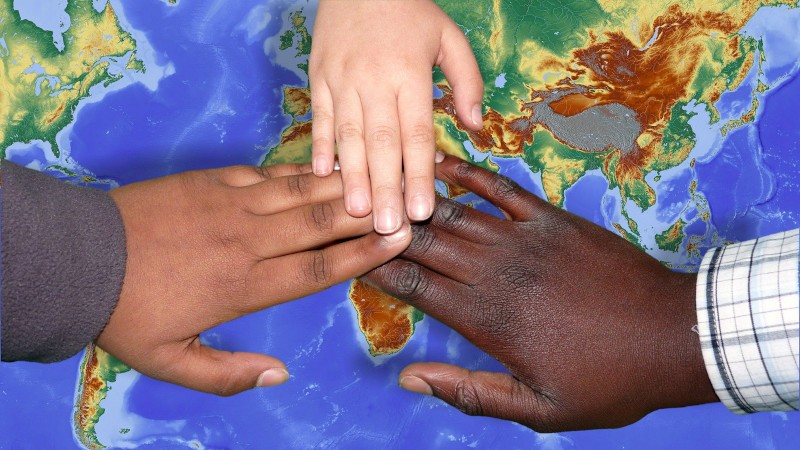Key DeFi Attributes: Inclusive
We continue our series with accessibility or inclusiveness, one of the key attributes of DeFi.
In our previous two posts, we started a new series and deep-dived into key characteristics of DeFi. The first one was the ‘non-custodial’ nature of DeFi followed by ‘composability’. In this post, we will talk about the inclusive nature of DeFi.
 |
|---|
| Image by Capri23auto from Pixabay |
How is it in traditional finance?
As in our earlier posts, let’s first have a look at how things are in traditional finance.
Traditional finance was born in an era where we did not have any digital life at all. When we got into 1900s, with the emergence of nation states, traditional banks and other institutions became heavily linked with ruling forces. Economic power was (and still is) one of the key aspects of ruling a state, so those in governments chose to closely regulate the financial players. Several financial crises were stemmed from irresponsible actions of banks and other financial institutions. What followed such crises was in millions losing their wealth followed by governments intervening and putting their iron hands on financial actors under the great excuse of ‘protecting investors’.
As a result, financial players were truly bound by local regulations. Even though we slowly moved to a digital world where there are no boundaries, financial institutions were still restricted by physical boundaries.
Such geographical limitations prevented banks to actually serve people outside of their jurisdictions. What about those that live in unstable countries with no banking system? Tough luck - they are left outside of the system.
How about those that live in banked societies but have financial difficulties or do not have a ‘clean’ history? Banks easily cross them out, label them ‘ineligible’ and move on. If you move to another country, you will likely find it difficult to obtain your first bank or credit card as you are a ‘stranger’ to them. Even though you are ‘eligible’, think about all the paperwork associated with opening an account: ID’s copied, documents signed, files sent, wait period etc. How about when you need to work with another institution? ID copies, documents, files all submitted again and again..
All in all, there are 1.7 billion people that have no access to financial system and called ‘unbanked’ by by World Bank.
What about DeFi?
Well, for DeFi protocols every user is a stranger and they are OK with it. Users, have no names rather they are accounts with numbers and letters. In order to access to the financial system, the only thing required is an electronic wallet (a software on a computer or an app on a mobile phone) and some money in it.
Such accessibility enables DeFi to serve to an untapped market of 1.7 billion unbanked as well as all those that are fed up with the paperwork required in the current financial system.
To be continued
We will continue our series with another attribute in our next post, this time ‘open source’.
This piece is first published in BlockchainIST Center on January 8th, 2022.
None of the views expressed in this article should be considered as investment advice
